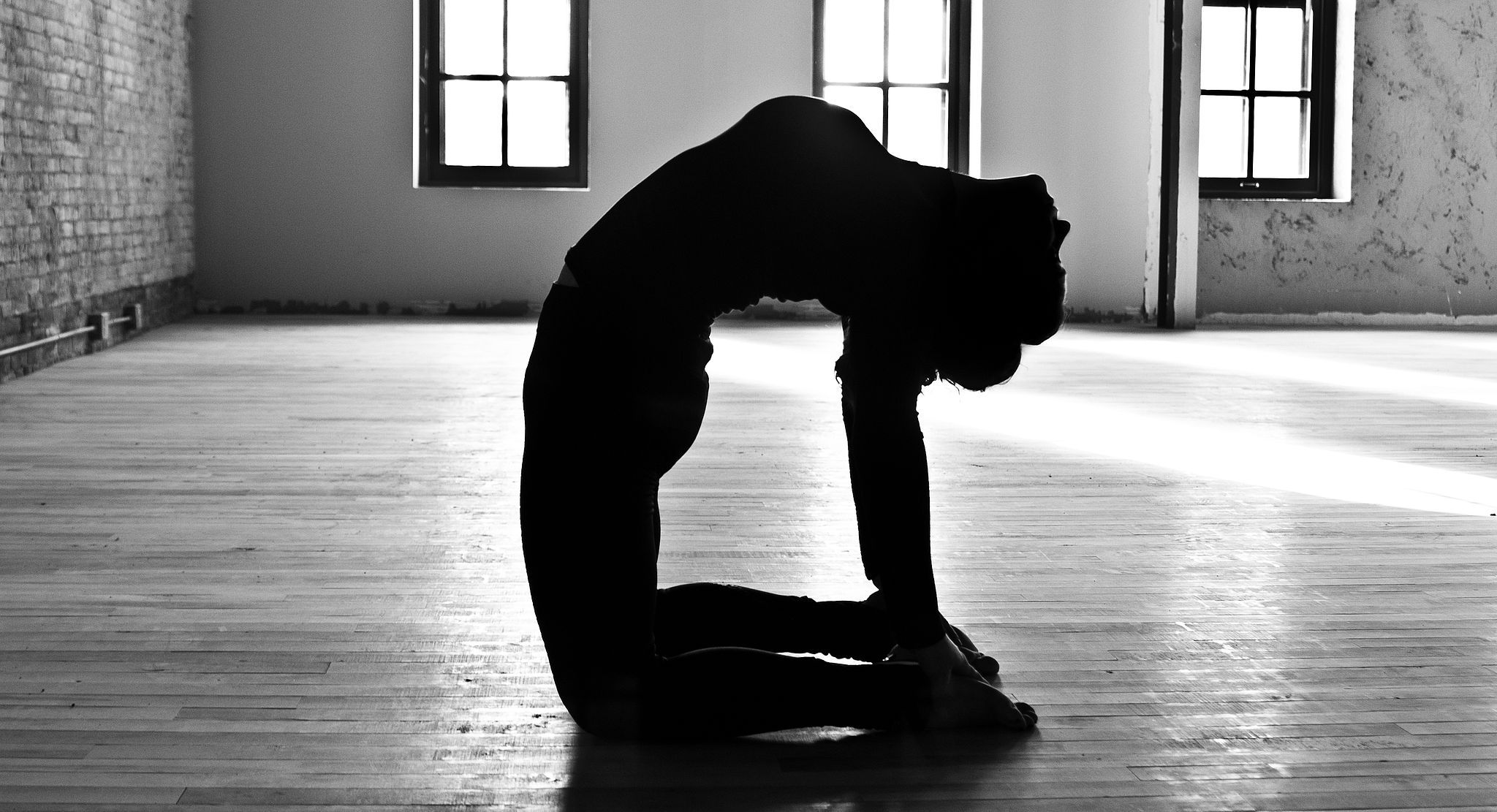It’s been a challenging start to 2015. In the first week of January my daughter was involved in a serious accident and we spent the next 10 days in the Paediatric Burns Unit at Pinderfields Hospital. Thankfully she’s making a great recovery and the treatment we received was excellent. But that’s for another post.
As difficult as the last few weeks have been, they have taught me many lessons. The most significant of which, I think, is the importance of staying flexible. As a family we have had to adapt and flex numerous times as the doctors and nurses have brought various developments and options to light. Just when we felt set on a course of action, a new choice would become available and we would have to weigh up the odds. I truly believe that our ability to remain open and flexible has guaranteed the best possible outcome for our daughter’s recovery and it has also made me realise just how vital this element of communication is.
Why is flexibility important?
When we are flexible in the way that we communicate, we are able to generate options. We are able to adapt to the signals and stimuli given to us by the audience we are communicating with and ultimately craft our performance so that it resonates more strongly with them. If we remain open when people challenge us and our way of thinking, if we truly listen, often we are able to come up with solutions where 1 + 1 doesn’t equal 2, it equals 3 or more! It’s what the late, great Steven Covey refers to in The 7 Habits of Highly Effective People as “Win Win”. Imagine if in a negotiation scenario both parties could walk away feeling like they got an awesome deal. How much more likely would they be to do business with each other in the future? Flexibility isn’t just important in negotiation situations though, in any human interaction if we are able to see the possibilities rather than the problems then we create an environment for growth.
Flexibility in mind and body…
The ability to shift mentally is vital for effective communication but often overlooked is the importance of physical flexibility and the profound impact that this can have on our audience. If we are tense when we communicate or are physically held, we limit our ability to engage. We block our body’s unconscious efforts to mirror and match and we fail to build rapport. Audiences (of 1 or 1000) often interpret physical tension for nervousness or worse still think that the person talking has something to hide. Some simple stretching and mobilisation exercises, done in private, before you walk into a meeting or a high pressure situation can do wonders for your performance. It’s exactly what you’d find a company of actors doing 30 minutes before a show. The same goes for the voice too. A flexible voice that can hit a range of notes rather than being stuck on a monotone is so much more interesting to listen to. To achieve this, I suggest gently humming along to your favourite tune for two or three minutes. It’s a simple exercise that will start to warm the voice up and increase your range.
Remember, flexibility is free. It’s a choice. Practice it as much as you can – mentally, physically and vocally. It’s something that can have a massive impact and can improve the outcomes in many areas of you life.
Keep shining!
Dominic


